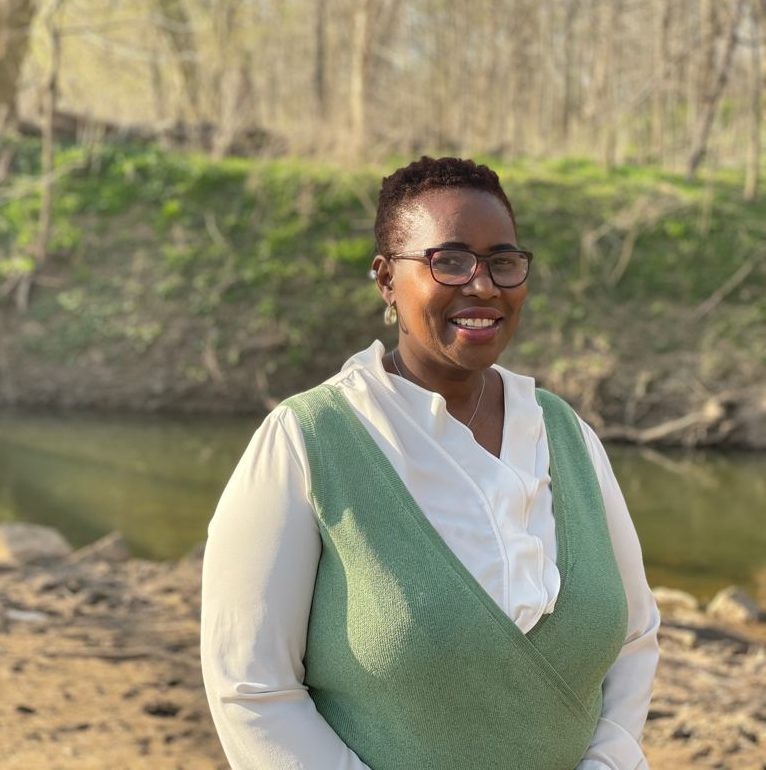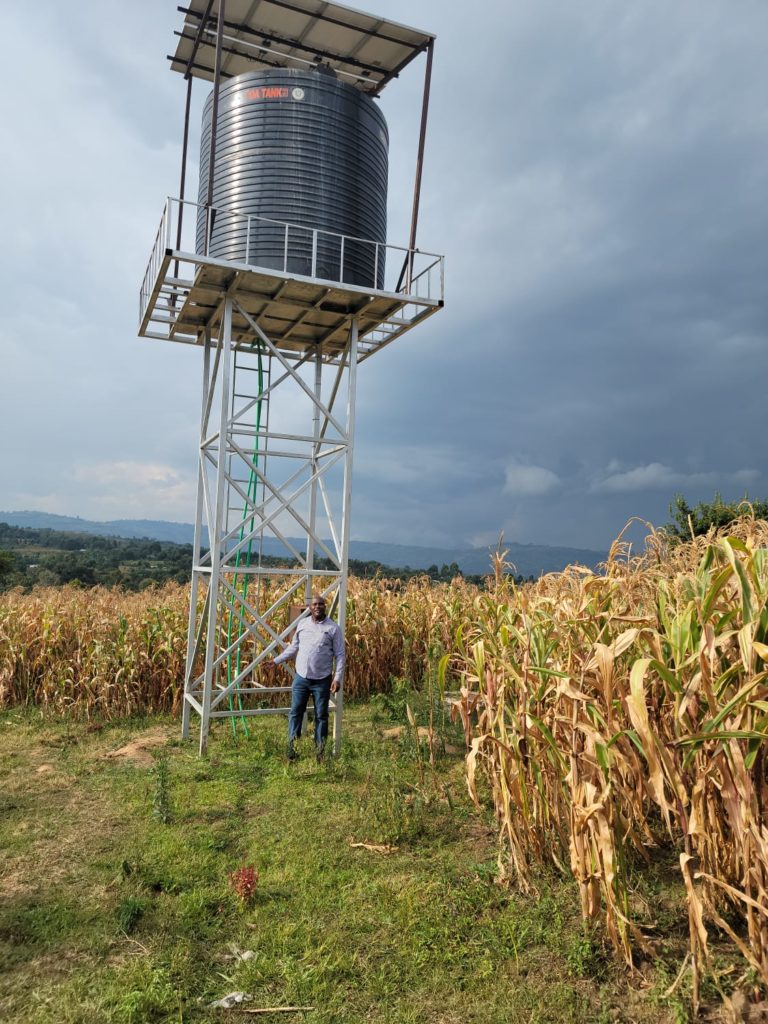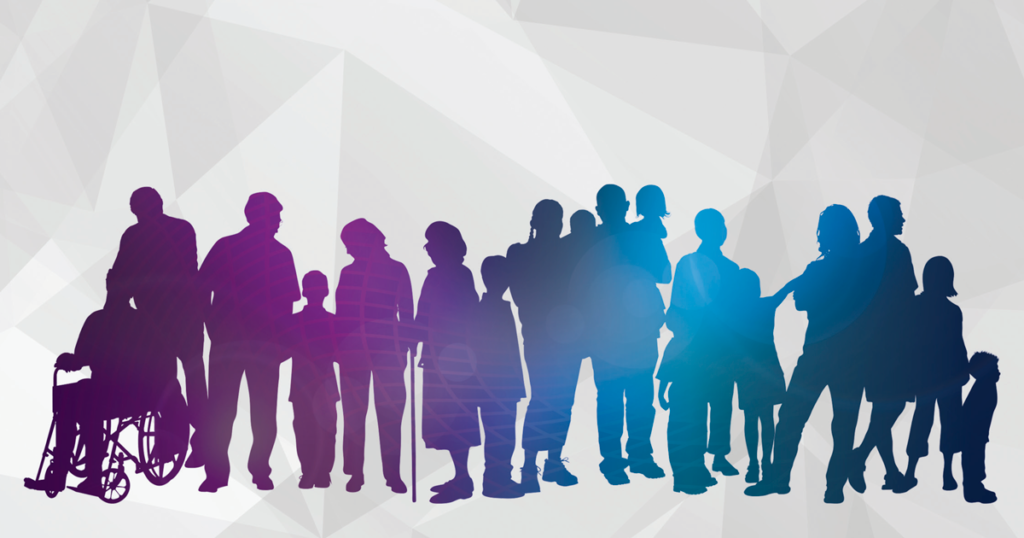The Founder

Maggie Lusweti
The School
The school is the vision of Maggie Lusweti, a Maryland resident and a native of Bungoma, Kenya. Maggie is an IT Specialist and devoted mother of two sons. Her parents who were educators inspired her in the way they helped others get an excellent education. Rachel Lusweti, Maggie’s mother is a retired teacher, an entrepreneur, and an avid farmer. Maggie’s father, the late Jeremiah Lusweti was the founding member of the Kenya National Union of Teachers (KNUT), the only teachers’ union in Kenya. Mr. Lusweti authored the KNUT Memorandum Of Understanding.
Maggie has a BA degree in English with a Concentration in Spanish from Shippensburg University, Shippensburg, PA, and an MA in International Trade Relations from George Mason University in Fairfax, VA. In addition, Maggie is a Microsoft Systems Certified Engineer (MCSE) and recently became a certified AWS Solutions Architect Associate (SAA-C02).
In addition to having a passion for education and advocating for quality education for children with developmental disabilities, Maggie is a very dedicated member of University Baptist Church in College Park, MD where she is the chairperson of the Personnel Committee. Maggie is a voracious reader, an avid runner, and a lifelong traveler. In her spare time, she loves to play the piano and has recently taken to learning how to play the cello.
Kujenga Inclusive Game Changer School is an egalitarian school. Currently, children with disabilities are being short-changed. Our message on inclusive education is simple: Every child matters coequally. We will recognize and nurture each child’s unique gifts. Access to education is extremely low for children with disabilities. We believe it does not have to be that way. Our goal is to shift that paradigm. Including children with disabilities can cause significant gains to the community and the country, helping break the cycle of poverty.
This project is responsible for constructing a water project and will build an elementary school that is inclusive of children with developmental disabilities. It will be a school that follows the 5 five tenets of the Quaker beliefs: Integrity, Equality, Simplicity, Community, Stewardship of the Earth, and Peace. We will emphasize the Quaker belief of that of God in each one of us. We will show kindness and respect towards one another.
Children with disabilities continue to be one of the most underrepresented and excluded demography across the globe. Here in Bungoma County in Kenya, we plan to change that. Inclusion is not simply about physical proximity, rather it is about intentionally planning for the success of all the students.
Kujenga Inclusive Game changer school (KIGCS) will enrich students’ lives with unique experiences. The school will emphasize high standards of academic achievement, challenge students to value justice and peace, challenge students to seek truth by acting as creative and independent thinkers whose power rests on a conscious responsibility to the good of all. Students will apply their talents in service to others and work courageously for peace.

Educating all children regardless of their differences is the cornerstone of inclusive education. Around the world, children are excluded from schools where they belong because of disability, race, language, religion, gender, and poverty.
Fundamentally, every child has the right to be supported by their parents and community to grow, learn, attend school and be accepted and included by teachers and peers alike.
An inclusive classroom, incorporates general education teachers and special education teachers working in sync to meet the individualized needs of students.
All students can benefit from inclusive classrooms. Research shows that inclusion is beneficial for all students and not just for those who get special education services. Students with special education needs (neurodivergent) who are in inclusive classes are less likely to miss school. They develop stronger skills in language and mathematics and are more likely to be employable and are likely to pursue education after high school. Neurotypical students benefit, as well. They learn tolerance and develop higher self-esteem and understand the meaning of diversity, and caring friendships.

